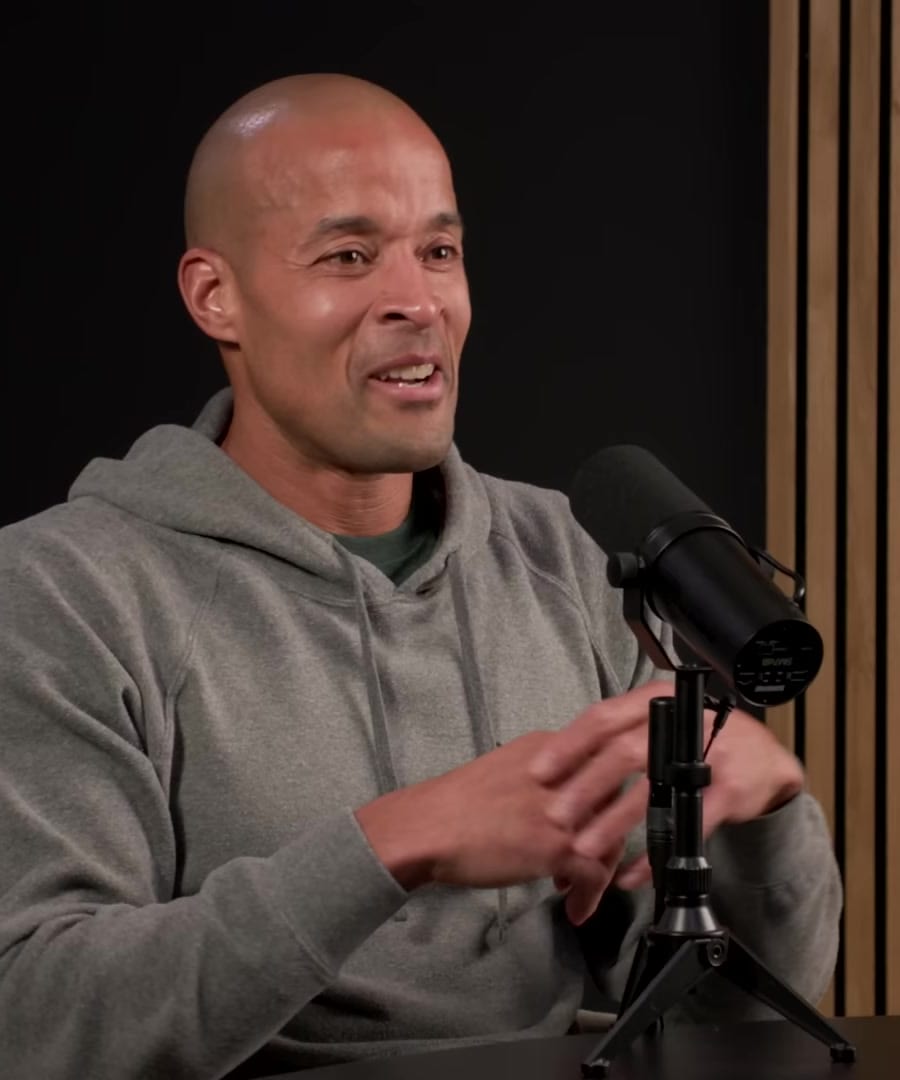What has huberman talked about increasing Confidence?
Sources:
Dr. Andrew Huberman has discussed various aspects of increasing confidence across different episodes of the . Here are some key insights and strategies:
-
Importance of Showing Up Consistently: Consistency in showing up, whether in the scientific field or any other aspect of life, gradually builds confidence over time. The process of gaining confidence can often start during crucial training periods, like postdoctoral fellowships, where one learns to trust and assert their ideas despite initial self-doubt 1.
-
Conceptual Understanding of Confidence: Confidence can be seen as the ability to trust our capabilities and predispositions enough to handle various scenarios without feeling overwhelmed or threatened at a core psychological level. This involves understanding and managing the fear of failure and protecting one's ego 2.
-
Neuroscience of Confidence: Studies have shown that brain activity when answering questions can indicate levels of confidence. People with a growth mindset, who believe in the malleability of their intelligence through effort, show different brain activity patterns, which can influence their confidence levels compared to those with a fixed intelligence mindset 3.
-
Building Inner Strength for True Confidence: Building a strong internal sense of self and confidence involves not relying on external validation or supplements but rather on internal processes, actions, and self-reliance. This can include maintaining a continuous effort and facing challenges head-on 4.
These insights underline the importance of persistence, understanding psychological patterns, and reinforcing internal validation to build and sustain confidence.
Thank you for your feedback!RELATED QUESTIONS-
Can you explain more about the neuroscience of confidence?
Sources:
The neuroscience of confidence involves examining how brain activity correlates with levels of confidence in individuals, as well as how different mindsets can influence this activity. This was explored in an experiment where participants were asked questions while their brain activity was recorded 1.
Study Findings on Confidence and Brain Activity:
-
Experimental Design: Participants first attempted to answer questions and then received feedback if they were correct. This allowed researchers to observe the participants' thought processes and levels of confidence in their answers.
-
Mindset Differences:
- Fixed Intelligence Mindset: Some participants held the belief that intelligence is more or less static.
- Growth Mindset: Others believed that intelligence is malleable and can be developed through effort.
-
Observed Brain Activity: The study found distinct patterns of brain activity between the two groups. Those with a growth mindset exhibited different neural responses, especially when they learned whether their answers were correct or not.
Implications:
The findings suggest that our belief systems about learning and intelligence (fixed vs. growth mindsets) can affect how we process feedback and how confident we feel about our knowledge and responses. This has implications for educational strategies and personal development, emphasizing the importance of fostering a growth mindset to enhance confidence and learning outcomes.
This interplay of mindset and neural activity underscores the complexity of confidence as a psychological and neurobiological phenomenon. It illustrates how deeply our beliefs can be embedded in our neurological functioning, impacting our daily performance and psychological resilience.
RELATED QUESTIONS-
What has huberman talked about increasing Confidence?
- Thank you for your feedback!RELATED QUESTIONS
Can you explain more about the neuroscience of confidence?
- RELATED QUESTIONS



